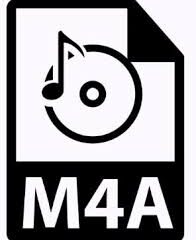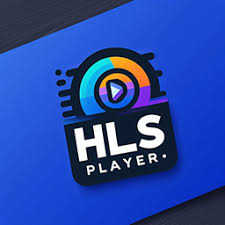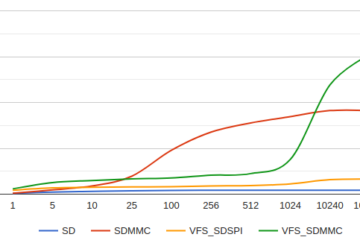Arduino Audio Tools: Pimping Up Resampling
The ResampleStream class of the Arduino Audio Tools project provides some flexible resampling functionality both on the input and the output side. To calculate the values it just uses a simple but efficient linear interpolation. I finally managed to provide an extended ResampleStreamT resampling class that uses some alternative interpolation method implementations: Here is an overview with the advantages and disadvantages: Method Quality CPU Cost Artifacts Interpolates Sample Points Linear Low Very Low High Yes Read more…





